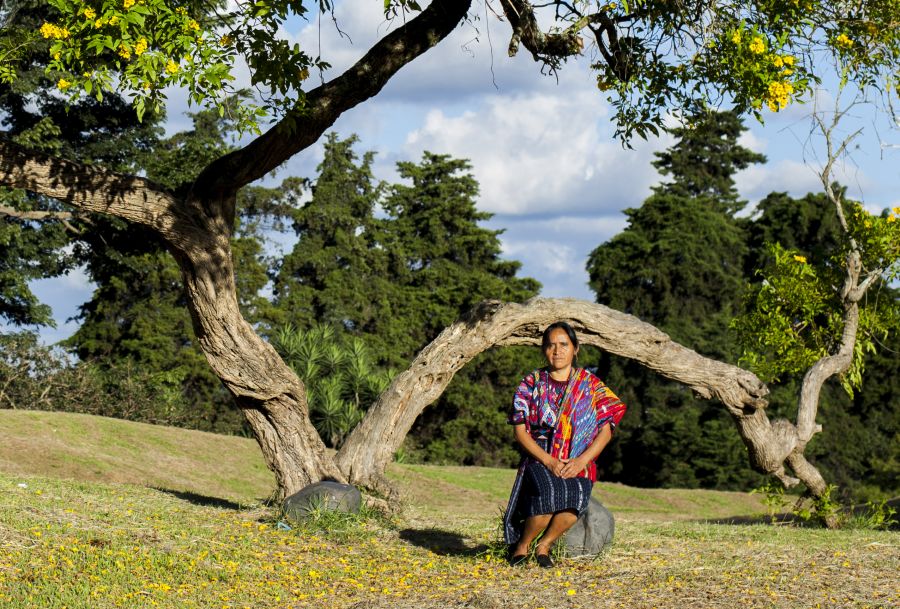
Despite her young age, Komal from India, has already faced a lifetime of discrimination. But she’s determined to use sport to show her strength, and is literally fighting for gender equality.
Did you know that at least one in three women (35 per cent) will experience some form of violence during their lifetime - more than one billion women worldwide?
Violence against women and girls is a hidden global crisis which knows no boundaries of geography or culture. But, marginalized women, such as poor women and girls, are most likely to experience it, most often at the hands of their husbands or partners.
One of the most widespread violations of human rights
Violence against women and girls takes many different forms, including domestic violence, sexual assault and harassment, child, early and forced marriage, sex trafficking, so called ‘honor’ crimes and female genital mutilation. It is rooted in the gender inequality that women face throughout their lives from childhood through to old age.
Many perpetrators believe that violence toward women and girls is normal or appropriate behavior, supported by society. They feel that they can commit violence without disapproval.
It is one of the most widespread violations of human rights and has long-term devastating effects on the lives of women, their communities and wider society. It is time to say ‘enough is enough’. We want violence against women to end.
Violence on a massive scale
- 35 percent of women will experience violence at the hands of their current or former partners in their lifetime, up to 70 percent according to some national studies.
- Around 650 million women alive today were married as children. Of those women, more than one in three got married before 15.
- 200 million women and girls have undergone female genital mutilation - the majority of girls are cut before the age of five.
- Women and girls together account for 71 percent of all human trafficking victims detected globally, with girls representing nearly three out of every four trafficked children.
 In spite of the challenges and discrimination, Maria Morales Jorge, 52, from Guatemala, is determined to change what’s normal and encourages other indigenous women to join her.
In spite of the challenges and discrimination, Maria Morales Jorge, 52, from Guatemala, is determined to change what’s normal and encourages other indigenous women to join her.
Violence and poverty: a vicious cycle
We believe that violence against women and girls is one of the most significant barriers to our mission to end poverty.
Violence against women and girls not only devastates women’s lives and divides communities, but it also undermines development efforts and the building of strong democracies and just, peaceful societies.
Violence locks women and girls into poverty. It limits women’s choices; their ability to access education, earn a living and participate in political and public life. Poverty exposes them to further violence and a lack of options when violence occurs.
We can change this
We can change the harmful beliefs at the core of this problem. What was learned can be unlearned. It is time for us all, women, men, girls, boys and key public actors to end violence against women and girls.